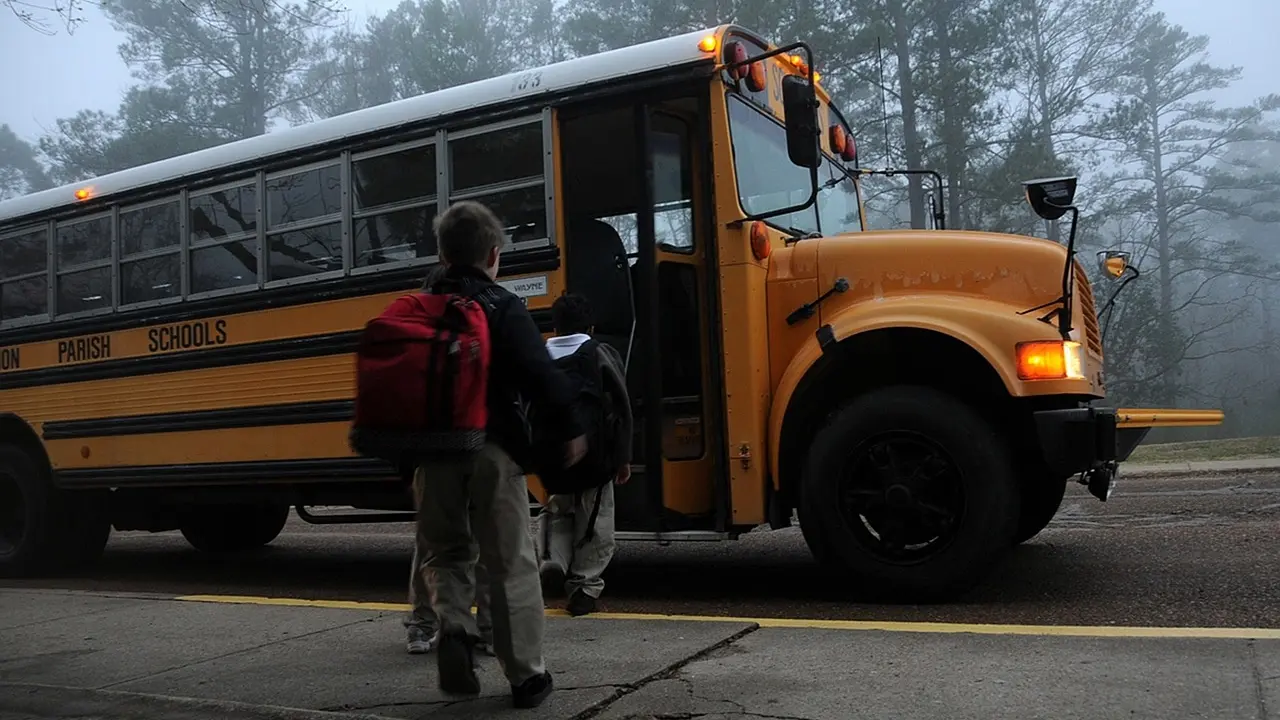Understanding the complex legal landscape surrounding firearms in Texas school zones is crucial for responsible gun owners. This article compiles information from various sources to provide a thorough overview of where and when firearms can be legally carried in and around schools in Texas.
General Prohibition on Guns in Schools
Federal Law: Gun-Free School Zones Act
The Gun-Free School Zones Act of 1990 makes it illegal for any individual to knowingly possess a firearm in a school zone. This includes public and private K-12 schools and within 1,000 feet of school grounds. Violating this law can result in fines up to $5,000 and imprisonment for up to five years. An exception exists for individuals with a valid Texas License to Carry (LTC), allowing them to conceal carry within school zones but not inside school buildings.
Texas State Law
Texas law aligns with federal regulations by generally prohibiting the possession of firearms on school premises. This includes school buildings, grounds where school activities are conducted, and school transportation vehicles. However, Texas provides several exceptions:
- Written Authorization: Firearms may be carried with explicit written permission from the school administration.
- Parking Lots: Licensed gun owners may keep firearms in locked vehicles within school parking lots, provided the firearm is not in plain view.

Specific Regulations for Different Educational Institutions
K-12 School Zones
Texas Penal Code and Education Code
- Texas Penal Code § 46.03: Prohibits carrying firearms on school premises or at school-sponsored activities.
- Texas Education Code § 37.0815: Regulates how firearms can be stored in vehicles on school property. Firearms must be locked and out of sight.
- Expulsion Requirements: Students who bring firearms to school are subject to expulsion for at least one year, as mandated by both state and federal laws.
Mixed-Use Premises
In mixed-use premises, such as churches that house schools, firearms may be carried only in non-school areas unless explicit written authorization is given by the institution. In these cases, portions of a building can be declared school zones.
Colleges and Universities
Campus Carry Law
In 2015, Texas passed legislation allowing licensed individuals to carry concealed handguns on college campuses. Public institutions can establish "reasonable" regulations, but cannot generally prohibit concealed carry. Private institutions have more discretion and may opt to ban firearms altogether after consulting with their community.
Daycare Facilities and After-School Programs
Daycare centers and after-school programs on school grounds are generally considered gun-free zones. Off-site daycare facilities and after-school programs are typically required to post signs prohibiting firearms because they are not legally school zones.
Conclusion
Navigating firearm laws in Texas school zones requires careful attention to both federal and state regulations. While there are exceptions for licensed individuals, the general prohibition aims to maintain safety in educational environments. Responsible gun owners must stay informed and comply with all applicable laws to avoid severe penalties.



